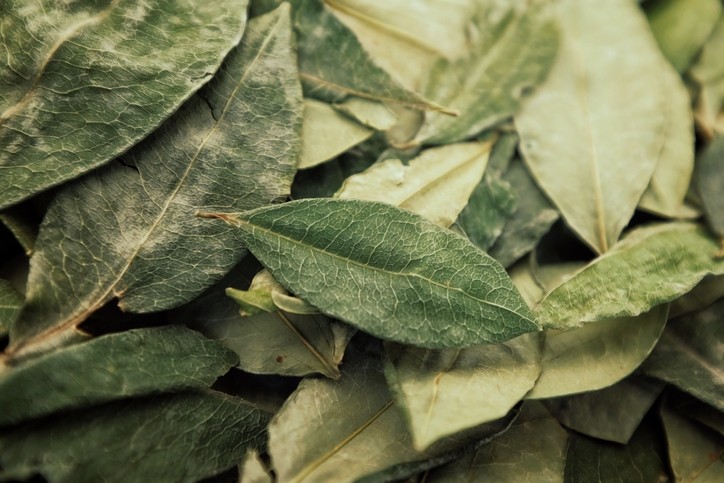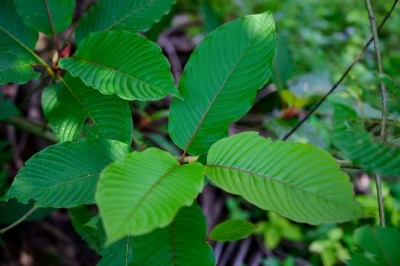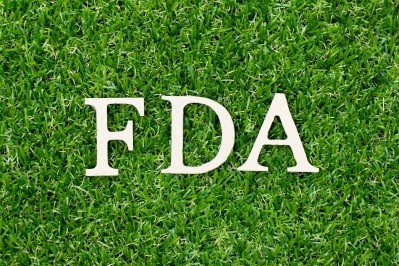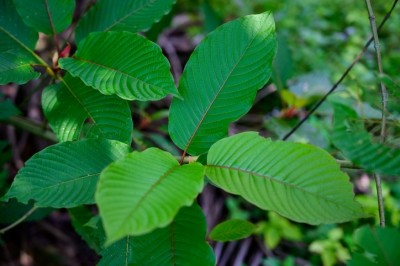Coca leaf powder importer dinged over claims without reference to possible cocaine content

The citation came in the form of a warning letter issued by FDA to a company called Leaf of Life, based in St. Louis, MO. The company offers powdered coca leaf products which it sells though a website called kokatonic.com.
Noncompliant disease claims
FDA reviewed claims made on the products both on the company’s website and in YouTube videos that the company had posted. The warning letter alleges that company was making claims that included:
- Reducing eating anxiety issues
- Regulating blood glucose
- Lower cardiovascular disease risk
- Regulating blood pressure
- Combating anemia
- Relieving arthritis.
FDA concluded that the products “are intended for treatment of one or more diseases that are not amenable to self-diagnosis or treatment without the supervision of a licensed practitioner. Therefore, it is impossible to write adequate directions for a layperson to use your products safely for their intended purposes.” Therefore, they are categorized as new, unapproved drugs.
Coca leaves may be sources from any of four shrub species native to South America from the genus Erythroxylaceae. The leaves are use as the raw material for the well-known controlled substance cocaine. Chewing the leaves has been a longstanding traditional medicinal practice in the region.
Leaf on Life advertises several bulk coca leaf powder products as well as some decocainized extracts. However, the bulk leaf powders are not advertised as being decocainized.
Would coca leaf powder require an NDIN?
Attorney Ivan Wasserman, a partner in the firm Amin Talati Wasserman, said the peculiar position of coca leaves as a quasi foodstuff might have forestalled FDA from mentioning the NDI Notification provision in the warning letter, which has been a frequent addition in letters of this type.
“I do not know if FDA has actively considered the NDI status of coca leaf, but it seems that there may an argument that is consumed as food somewhere in the world which would take it out of the category of NDIs that must file a safety notification prior to marketing,” Wasserman told NutraIngredients-USA.
“Whether or not it needs an NDI notification, there certainly could be an issue with this particular supplement’s safety (perhaps compared to chewing on a raw coca leaf or brewing it in tea) that causes it to be adulterated under the law, but knowing that that could require a complex scientific analysis that may not be a current priority for FDA,” he added.
Attorney Mark Ullman, of counsel with the firm Rivkin Radler, said it’s impossible to know what the cocaine level might be in the leaves that the company was importing. But if they are in fact not decocainized, he said he might have expected the Drug Enforcement Administration to have become involved.
For its part, the US Customs and Border Patrol had this to say in an update posted on March 31, 2022: “It is illegal to bring coca leaves into the United States for any purpose, including for use for brewing tea or for chewing. Cocaine is a Schedule II narcotic and is derived from coca leaves and grown in Bolivia, Peru and Colombia.”
The company told NutraIngredients-USA that it would respond as soon as possible to a request for comment.
















